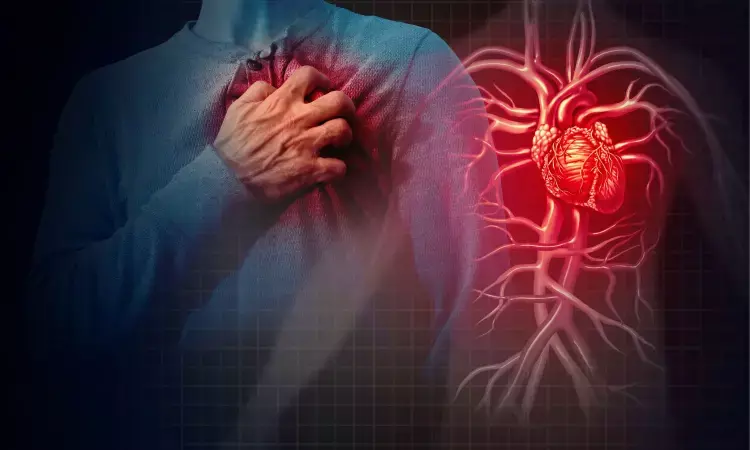World Heart Day 2024: How Biomarkers Can Help Prevent Heart Disease

World Heart Day 2024: Understanding Biomarkers for Cardiovascular Diseases (CVD)
On World Heart Day 2024, the focus is on spreading awareness about heart health, including advancements in identifying cardiovascular diseases (CVD) early. One of the key developments in medical science is the use of biomarkers—measurable indicators in our body that help assess the risk and presence of heart conditions. These biomarkers play a crucial role in diagnosing, monitoring, and treating heart diseases, offering insights that can save lives.
What are Biomarkers for CVD?
Biomarkers are substances found in blood, urine, or other bodily fluids that indicate biological conditions or diseases. When it comes to CVD, biomarkers are used to assess heart health, predict risks, and monitor treatment effectiveness.
According to Dr. James de Lemos, a cardiologist at the University of Texas Southwestern Medical Center, “Biomarkers allow us to understand what’s happening at a cellular level, providing crucial information about inflammation, blood clotting, and heart muscle damage. These are the warning signals we need to pay attention to.”
Common Biomarkers for Cardiovascular Disease
- Troponin: One of the most widely used biomarkers, troponin is released into the blood when the heart muscle is damaged. Elevated levels indicate heart attacks or other serious conditions affecting heart health.
The American Heart Association (AHA) emphasizes, “Troponin is the gold standard for diagnosing acute heart attacks. It helps in the rapid diagnosis, enabling timely interventions.”
- C-Reactive Protein (CRP): CRP is an inflammatory marker. High levels of CRP indicate inflammation in the body, which can signal a risk for heart diseases. Chronic inflammation is often linked to the development of atherosclerosis (plaque buildup in arteries).
Dr. Paul Ridker of Harvard Medical School explains, “CRP is a reliable marker for cardiovascular risk prediction, especially in individuals who don’t show typical signs of heart disease.”
- B-type Natriuretic Peptide (BNP): BNP levels rise when the heart is under stress, commonly in cases of heart failure. Measuring BNP can help detect heart failure early and guide treatment strategies.
Mayo Clinic research suggests, “BNP testing is particularly helpful in diagnosing and managing heart failure. It helps doctors adjust medications and improve patient outcomes.”
- Lipoprotein(a) [Lp(a)]: Lp(a) is a type of cholesterol that has been linked to a higher risk of heart disease. Elevated Lp(a) levels can lead to the development of atherosclerosis.
Dr. Sam Tsimikas, a leading researcher in lipidology, states, “Lipoprotein(a) is emerging as an independent risk factor for cardiovascular disease. Measuring this biomarker can help identify patients at risk who may otherwise be overlooked.”
Why Biomarkers Matter for Heart Health
The use of biomarkers can greatly improve the early detection and prevention of heart diseases. Dr. Martha Gulati, an expert in cardiology, notes, “Knowing your biomarker levels gives your doctor an inside view of your heart health, allowing for more personalized care. Early detection is key to reducing complications and improving survival rates.”
For individuals at risk of CVD, regularly monitoring biomarkers can help in managing the condition before it becomes severe. Biomarkers provide a roadmap to understanding how the heart is functioning and what preventive measures can be taken to protect it.
As we celebrate World Heart Day 2024, it’s essential to remember that heart health starts with knowledge. Understanding biomarkers and their significance in diagnosing cardiovascular diseases can help in preventing serious heart conditions. Speak to your healthcare provider about biomarker testing if you have risk factors like high blood pressure, diabetes, or a family history of heart disease. With the right information, we can all take steps toward healthier hearts.






